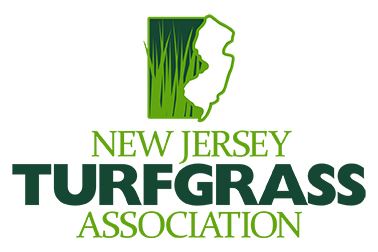seeding/aeration/ overseeding
Prepare Your Lawn for a healthy spring-fall seeding and aeration
the process
1:Timing
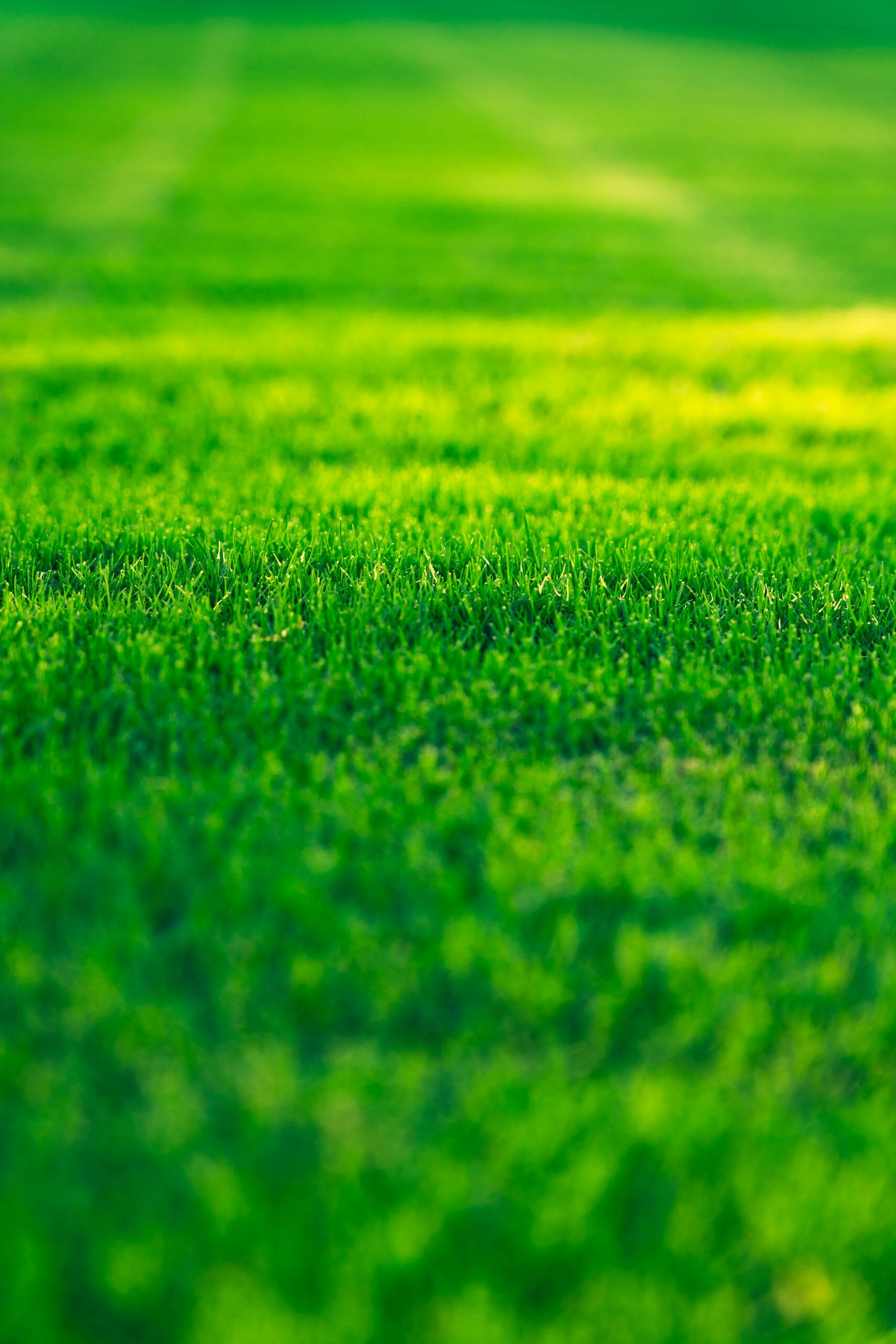
In our region we grow "Cool-Season Grasses" (e.g., Kentucky bluegrass, fescue, ryegrass). The Best Time to grow Cool Season Grasses is early fall (late August to early October). Why: The temperatures are cooler, which is ideal for seed germination, and there’s usually more rainfall. Summer weeds are dying off, so there's less competition for water, nutrients, and sunlight. The soil is still warm, which encourages root growth before winter sets in. This gives the grass time to establish before the summer heat returns
2: aeration
A core aerator is a lawn care tool designed to remove small plugs, or “cores,” of soil and thatch from the lawn. The primary purpose of core aeration is to alleviate soil compaction, which can improve water, air, and nutrient penetration into the soil. This process promotes healthier root growth, leading to a stronger, more resilient lawn. Aeration also helps to reduce thatch buildup, improve seed-to-soil contact when overseeding, and enhance the overall health and appearance of the grass.
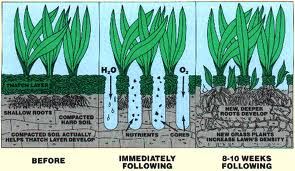
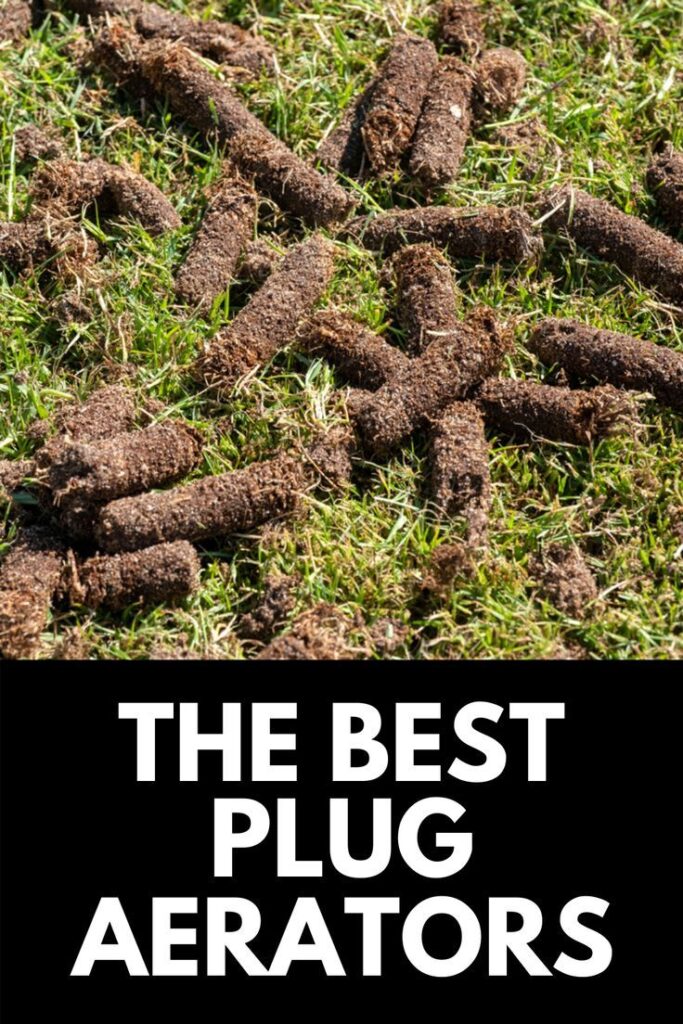
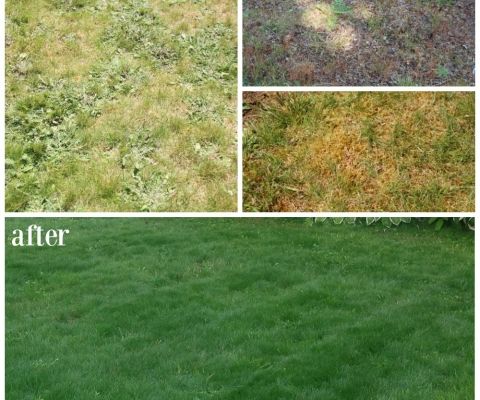
3:seeding/overseeding-fertilizer
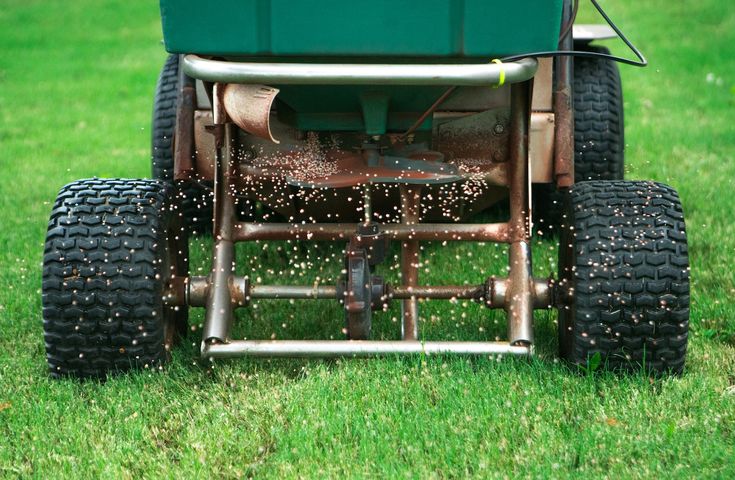
Seeding and fertilizing after aerating a lawn are recommended for the following reason: 1. **Improved Seed-to-Soil Contact**: Aeration creates small holes in the soil, exposing the soil surface. When you seed after aerating, the seeds can fall into these holes and have better contact with the soil, which improves germination rates. 2. **Enhanced Nutrient Absorption**: Fertilizing after aeration allows the nutrients to penetrate deeper into the soil through the aeration holes. This ensures that the grass roots can more effectively absorb the nutrients, promoting stronger and healthier growth. 3. **Thicker Lawn Growth**: Seeding after aeration helps fill in bare spots and encourages the growth of new grass, leading to a denser, lusher lawn. This thickening process can also help crowd out weeds and improve the overall appearance of the lawn. 4. **Increased Water Retention**: Aeration helps reduce soil compaction, allowing water to reach deeper into the soil. When you seed and fertilize after aeration, the lawn can retain moisture more effectively, providing the ideal conditions for seed germination and root development. Overall, seeding and fertilizing after aerating maximize the benefits of aeration, leading to a healthier, more resilient lawn..
4:soil conditioner
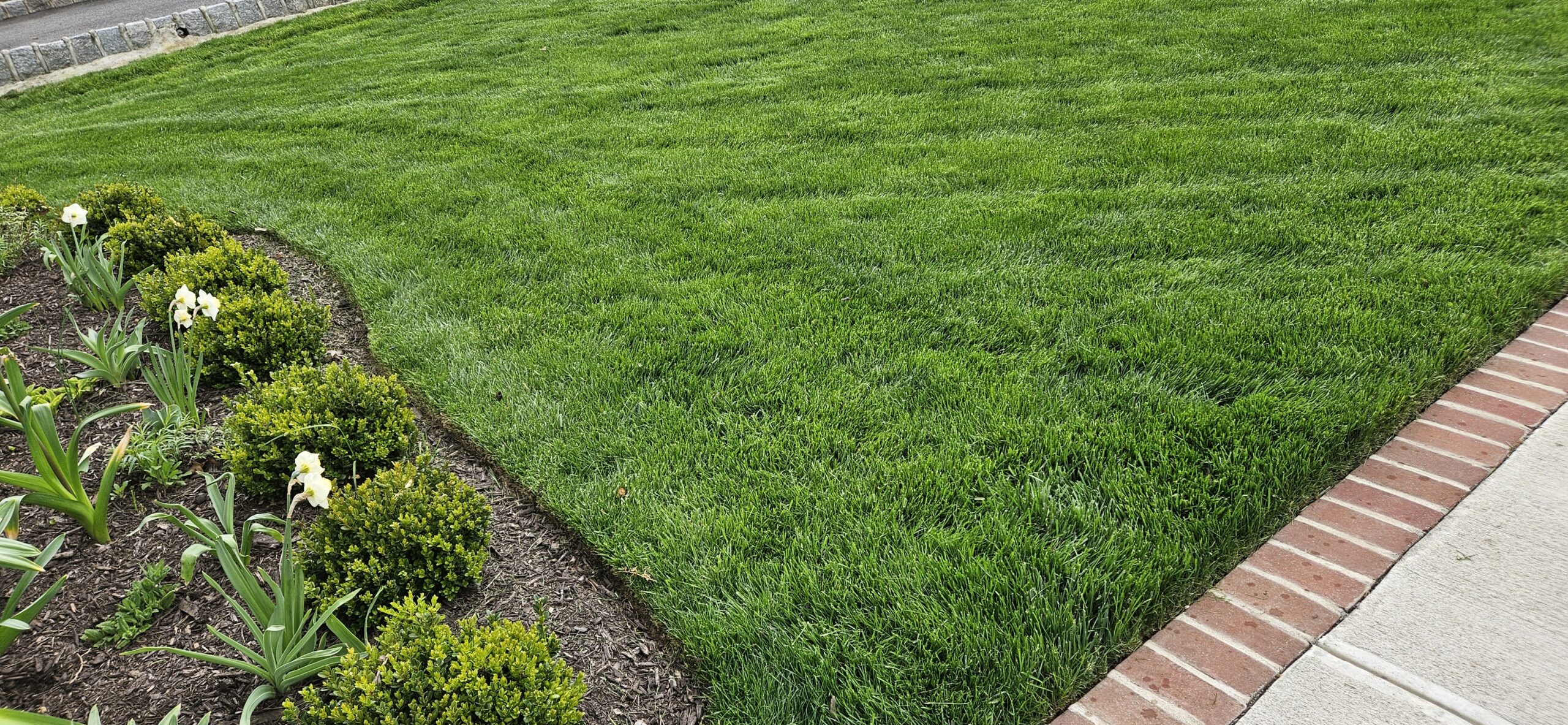
Adding a soil conditioner after aerating the lawn enhances the benefits of aeration. Here’s why: 1. **Improved Soil Structure:** Aeration creates small holes in the lawn, allowing the soil conditioner to reach deeper into the soil. This helps improve soil structure by breaking up compacted soil, making it easier for roots to grow and access nutrients. 2. **Enhanced Nutrient Absorption:** Soil conditioners often contain organic matter and nutrients that improve soil fertility. After aeration, the conditioner can be more effectively absorbed, ensuring that the grass roots receive the nutrients they need to thrive. 3. **Better Water Retention:** Soil conditioners can improve the soil’s ability to retain moisture. When applied after aeration, the conditioner can help the soil hold water more efficiently, reducing the need for frequent watering. 4. **Increased Microbial Activity:** Organic soil conditioners boost microbial activity in the soil. Aeration, by increasing oxygen flow, combined with a soil conditioner, can create an optimal environment for beneficial microbes that support healthy turf growth. Overall, applying a soil conditioner after aeration maximizes the benefits of both practices, leading to a healthier, more resilient lawn.
some of our aerated lawns
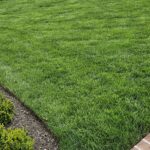

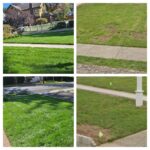

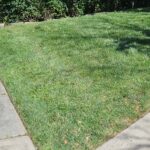
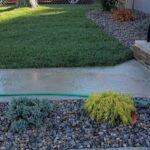
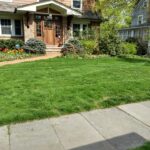
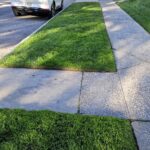
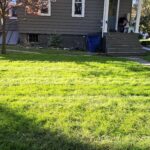
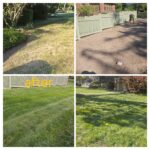
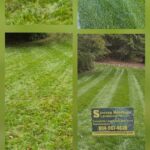
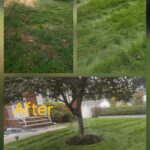
schedule your lawn aeration/seeding-overseeding now!
prices start at $100.00
Includes: Aeration, Seeding, Fertilizer, and Soil Conditioner

